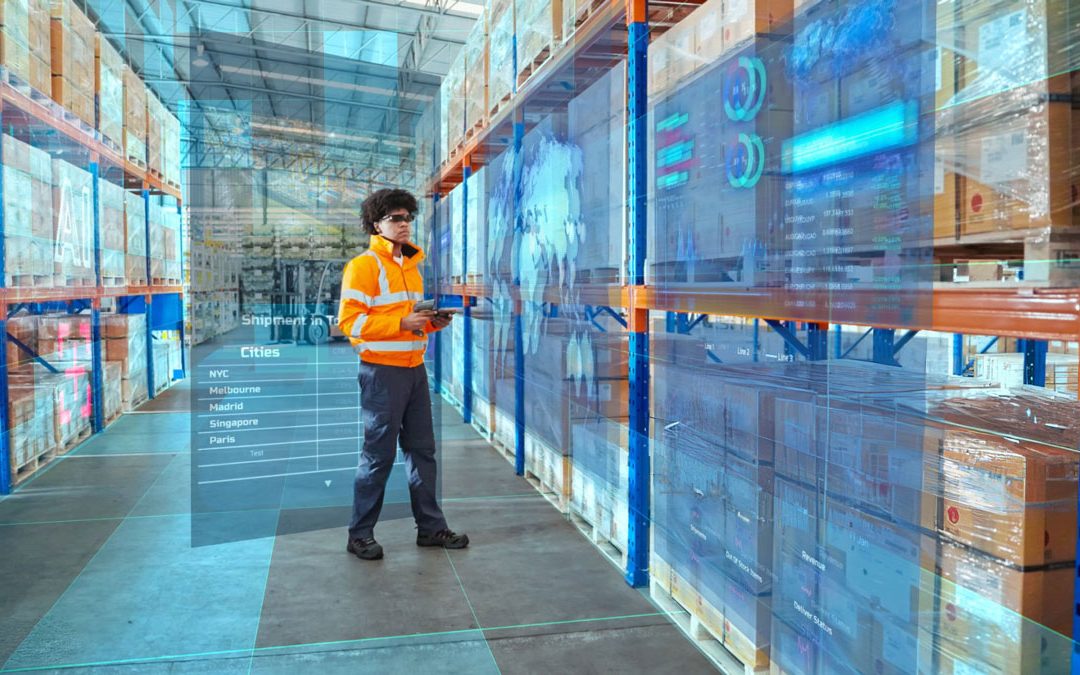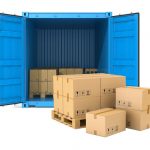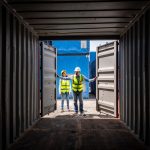The Greater Bay Area (GBA), comprising Hong Kong, Macau, and nine key cities in Guangdong Province, is a powerhouse for global trade and commerce. This vibrant region’s strategic location and robust infrastructure make it a focal point for logistics innovation, particularly in Full Container Load (FCL) and Less than Container Load (LCL) shipping.
As the logistics landscape evolves, businesses operating in the GBA must navigate challenges such as increasing demand for real-time tracking, sustainability pressures, and the rapid growth of e-commerce. Innovations in technology are reshaping the logistics industry, paving the way for greater efficiency, transparency, and adaptability.
Streamlining FCL and LCL Logistics: A Continuum of Knowledge
In previous discussions, we explored the core differences between FCL and LCL shipments and provided guidance on optimizing operations through Hong Kong’s world-class port infrastructure. For a deeper dive into these topics, you can refer to Navigating Hong Kong Port: How to Handle FCL & LCL Ocean Freight Shipments and Ocean Freight: The Difference Between FCL and LCL Container Shipping in Hong Kong.
Let’s expand beyond the basics to focus on innovations driving efficiency and adaptability in FCL and LCL logistics, spotlighting the transformative role of technology in this sector.
Technological Advancements Shaping FCL and LCL Logistics
In 2025 the logistics industry is about to undergo a technological revolution, with innovations in automation, artificial intelligence (AI), and digital platforms significantly enhancing operational efficiency. The Greater Bay Area (GBA) has embraced these advancements, positioning itself as a hub for cutting-edge FCL and LCL logistics solutions.
Automation in Warehousing and Cargo Handling
Automation is transforming logistics operations by reducing manual labor and minimizing errors. Modern warehouses in the GBA deploy robotics and automated systems for tasks like cargo sorting, palletizing, and inventory management.
These technologies not only improve speed but also contribute to significant cost savings.
Digital Platforms for Real-Time Tracking
The demand for real-time visibility in logistics has surged, and platforms like NEC’s “Visibility” are meeting this need. This cloud-based solution provides businesses with detailed shipment insights, enabling proactive responses to disruptions. With 70% of logistics providers now using digital tracking tools, the ability to monitor shipments in real-time has become a cornerstone of operational efficiency. NEC’s “Visibility” further empowers clients by offering actionable data that enhances supply chain transparency. Learn more about NEC’s “Visibility” here.
Warehouse Management with NEC’s MARS System
Efficient warehouse management is critical for handling FCL and LCL shipments. NEC’s MARS (Management and Resource System) optimizes inventory accuracy and streamlines workflows, ensuring smooth processing of diverse shipment types. MARS monitors and manages every warehousing process, providing seamless information flow and accurate data for you to make better-informed decisions about your business. Explore MARS here.
Artificial Intelligence and Predictive Analytics
AI is revolutionizing the logistics industry by enhancing demand forecasting, route optimization, and resource allocation. AI-powered predictive analytics helps companies anticipate potential delays and optimize container usage. For example, AI-powered route optimization can lead to a 30% reduction in fuel consumption for logistics fleets. Additionally, AI-driven chatbots are increasingly utilized in the logistics industry to handle customer inquiries, providing real-time tracking updates and superior customer support. These chatbots can handle up to 79% of basic inquiries, leading to a potential 30% reduction in customer support costs
Sustainability in FCL and LCL Logistics
Sustainability has become a pivotal focus in the logistics industry, with a concerted effort to reduce carbon footprints and adopt eco-friendly practices. In the Greater Bay Area (GBA), technological advancements are enabling more sustainable approaches to Full Container Load (FCL) and Less than Container Load (LCL) logistics, harmonizing operational efficiency with environmental responsibility.
Green Technologies and Eco-Friendly Practices
The adoption of green technologies, such as energy-efficient equipment and renewable energy sources, is transforming logistics operations. Hybrid and electric-powered vehicles are increasingly used for short-haul deliveries, significantly reducing emissions. By 2030, ocean freight emissions need to be cut by at least 40% to align with the International Maritime Organization’s (IMO) decarbonization targets. This ambitious goal is pushing the logistics industry toward alternative fuels like biofuels and liquefied natural gas (LNG).
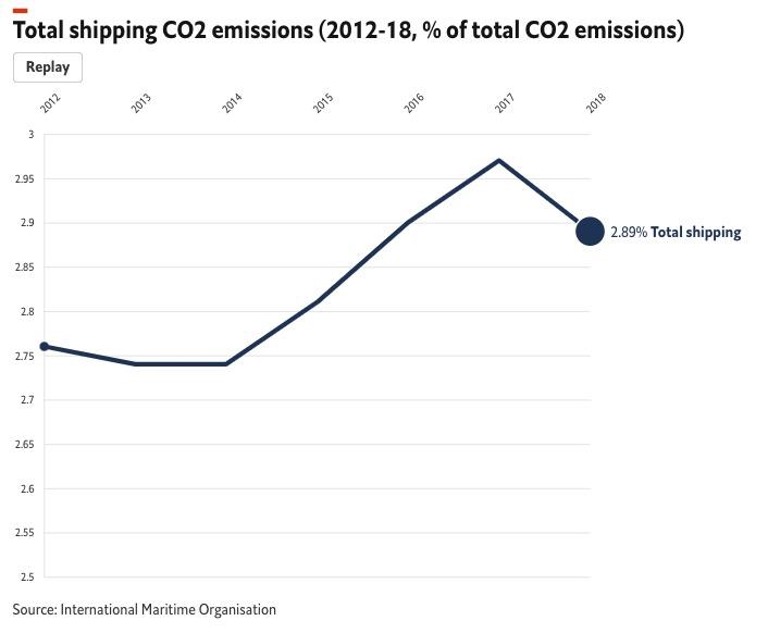
Optimizing Container Usage
For both FCL and LCL logistics, optimizing container utilization is key to reducing waste and emissions. Predictive analytics tools, powered by AI, help logistics providers maximize space utilization, ensuring fewer containers are needed for the same volume of cargo. This not only cuts costs but also minimizes the environmental impact of shipping. Efforts to improve containerization can reduce logistics-related emissions by up to 15%, as highlighted by industry experts.
Digitalization for Paperless Processes
Digital solutions like NEC’s “Visibility” and MARS systems play a significant role in driving sustainability. By digitizing processes, these platforms eliminate the need for paper documentation, reducing waste and streamlining workflows. According to industry insights, over 50% of logistics companies aim to transition to fully digital operations by 2030, with a direct impact on reducing the use of paper and other resources.
Collaboration for a Greener Future
Logistics providers in the GBA are increasingly collaborating with stakeholders across the supply chain to implement sustainable practices. These partnerships enable shared resources, improved route planning, and consolidated shipments, reducing unnecessary trips and lowering emissions. Collaboration is essential to achieving the IMO’s goal of halving greenhouse gas emissions by 2050. Nippon Express NEC Logistics continues to work closely with partners to prioritize sustainability in FCL and LCL logistics, aligning with global environmental goals.
Source: https://impact.economist.com/ocean/ocean-and-climate/a-greener-future-for-ocean-freight
NECL Green solution (Modal shift transportation)
Nippon Express NEC Logistics Hong Kong offers a modal shift in transportation, it can offer customers high quality forwarding service and reduce environment pollution at the same time.
Other than green shipping mode,Nippon Express NEC Logistics Hong Kong also offers Sustainable Packaging solutions for every type of cargo with ISO9001 standard.Cargoes can be safely delivered to their destination while protecting the environment
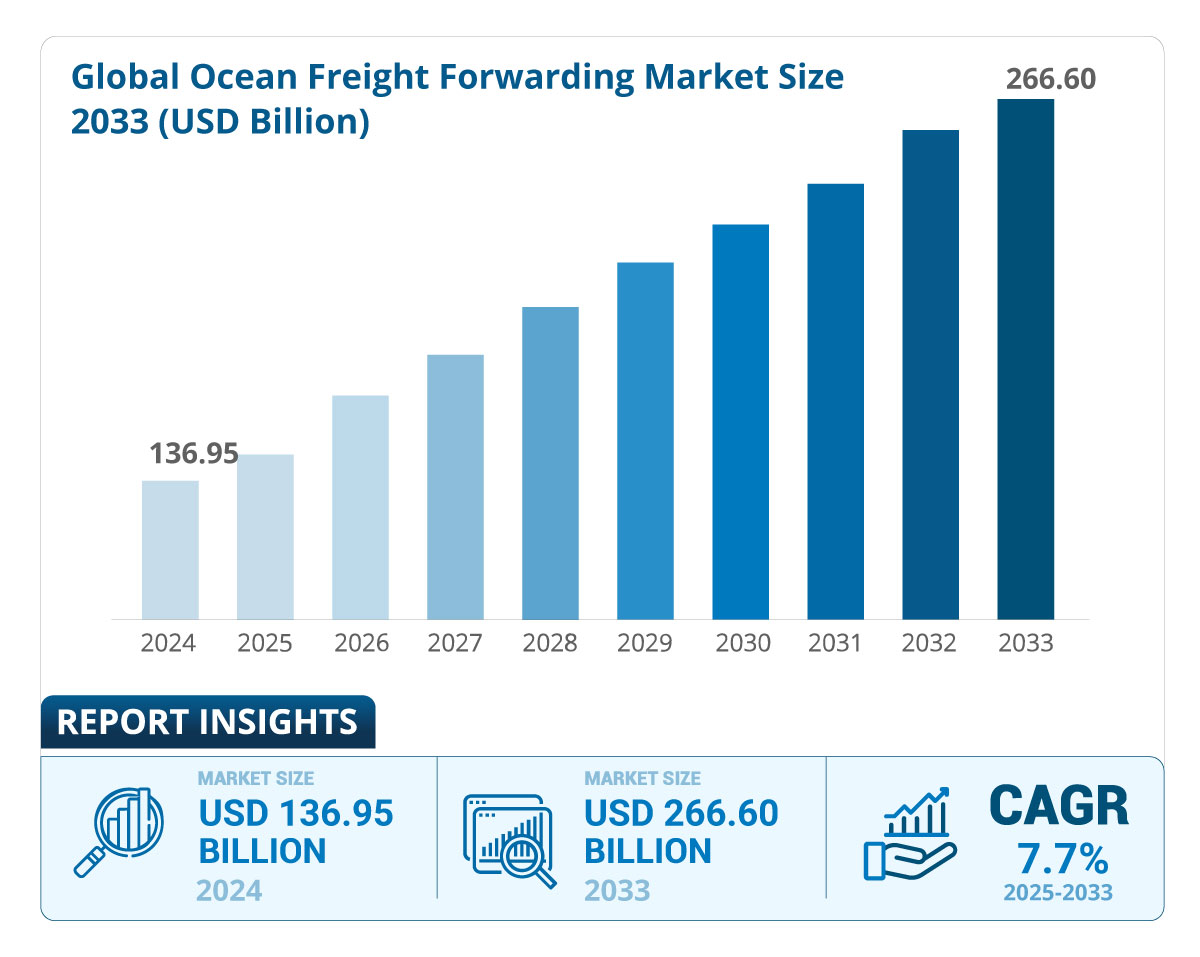
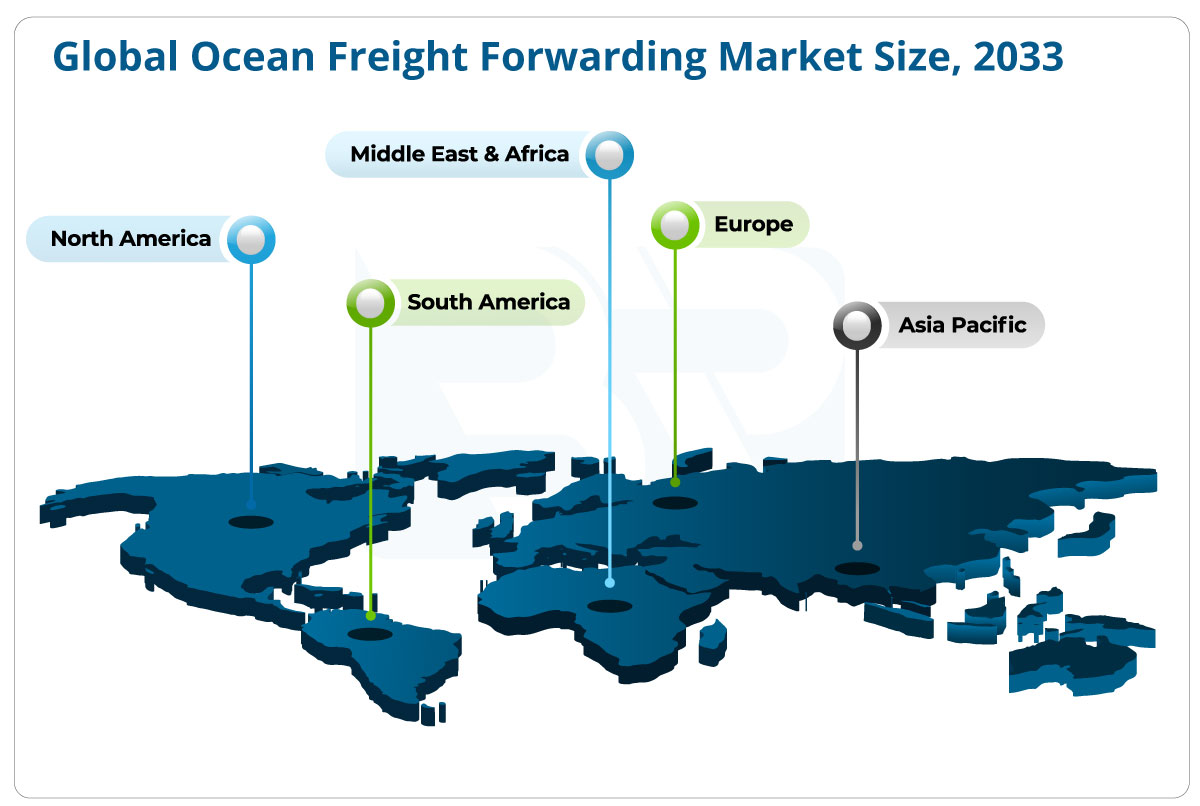
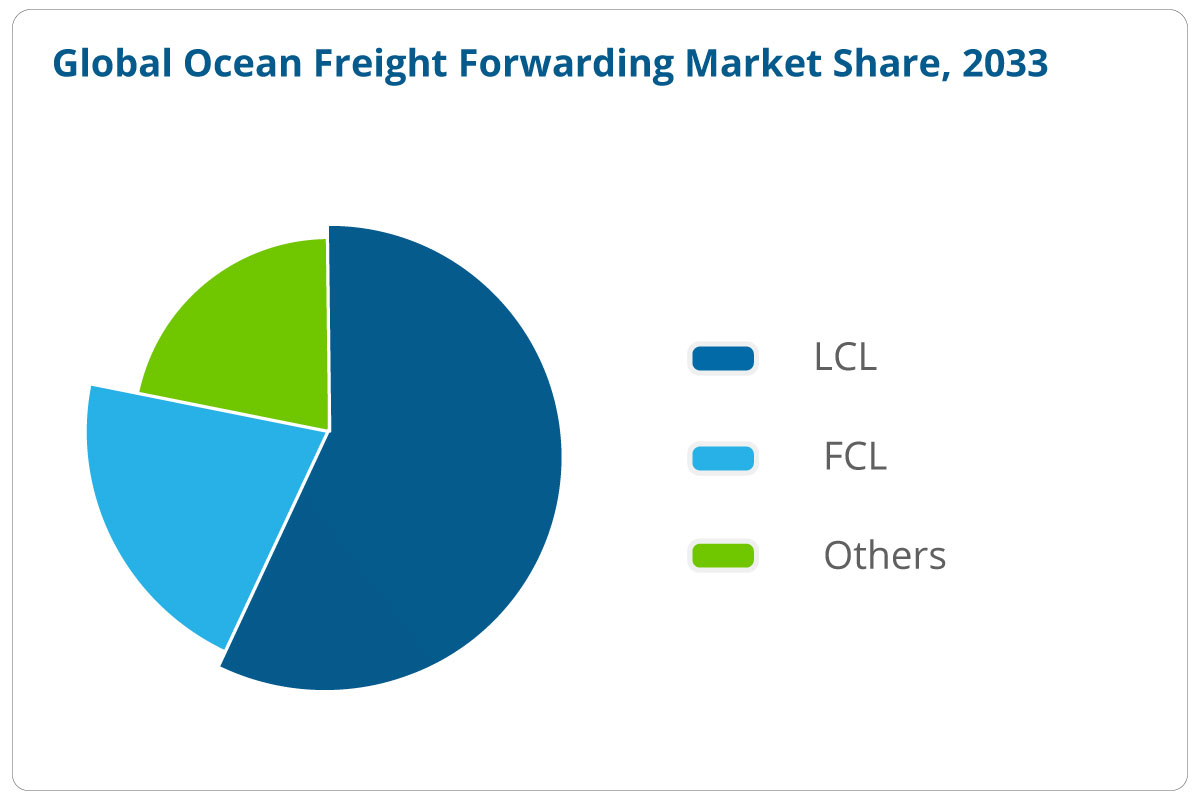
Future Trends in FCL and LCL Logistics in the Greater Bay Area
The logistics industry in the Greater Bay Area (GBA) is poised for significant growth, driven by evolving market demands and technological innovation. Here are the key trends shaping the future of Full Container Load (FCL) and Less than Container Load (LCL) logistics in this dynamic region:
Expansion of Logistics Infrastructure
As the GBA continues to solidify its position as a global logistics hub, substantial investments are being made in infrastructure development. The region is witnessing the expansion of smart ports equipped with automated cranes, digitized customs processes, and advanced cargo handling systems. The global ocean freight forwarding market is projected to grow at a compound annual growth rate (CAGR) of 3.5% from 2023 to 2028, driven by increasing trade activities and infrastructure advancements. These enhancements aim to reduce turnaround times for FCL and LCL shipments, ensuring greater efficiency and scalability.
Integration of Blockchain Technology
Blockchain technology is revolutionizing supply chain transparency and security. By providing a decentralized ledger, blockchain ensures the accuracy and traceability of logistics transactions. For FCL and LCL operations, this translates to improved shipment tracking and a reduction in fraud or discrepancies. As per industry forecasts, blockchain is expected to save up to 15% of annual logistics costs by reducing administrative burdens and enhancing transparency. As blockchain adoption grows, it is expected to become a standard tool for enhancing trust and collaboration in the logistics industry.
Growth of E-Commerce and Its Influence
The rapid rise of e-commerce is reshaping logistics requirements, with businesses demanding faster and more flexible shipping solutions. This trend has driven a surge in LCL logistics, as companies aim to ship smaller quantities more frequently to meet consumer expectations. The GBA’s proximity to major manufacturing hubs positions it uniquely to cater to this growing demand, with innovations like automated fulfillment centers and on-demand shipping solutions becoming the norm. The ecommerce sector’s continued expansion is expected to drive a significant portion of the projected $18 billion increase in global ocean freight revenue by 2028.
Emphasis on Sustainability and Green Logistics
Aligning with global sustainability goals, the logistics industry is expected to adopt greener practices at an accelerated pace. From electric-powered cargo fleets to energy-efficient warehouses, these innovations reflect the region’s commitment to environmental responsibility. Sustainable practices are forecasted to become a key differentiator, with 60% of logistics companies investing in green technology to meet consumer and regulatory demands. The integration of renewable energy sources into logistics operations is anticipated to play a significant role in reducing emissions.
Collaboration and Digital Ecosystems
Future trends in FCL and LCL logistics will emphasize collaboration across stakeholders. Digital ecosystems that connect shippers, carriers, and customers on a single platform are gaining traction. These platforms streamline operations, improve communication, and offer real-time updates, ensuring greater efficiency and customer satisfaction. Digital transformation in logistics is expected to increase operational efficiency by 25% over the next five years. (Source: https://www.businessresearchinsights.com/market-reports/ocean-freight-forwarding-market-104694)
The Role of Nippon Express NEC Logistics in FCL and LCL Innovation
Nippon Express NEC Logistics is driving advancements in FCL and LCL logistics across the Greater Bay Area by blending innovation, sustainability, and customer-centric solutions. Key technologies like the “Visibility” platform and MARS warehouse management system empower clients with real-time tracking, seamless inventory control, and operational efficiency.
The company also prioritizes green practices, such as optimizing container usage to reduce emissions and adopting digital solutions to streamline processes. With a strong focus on collaboration and emerging technologies like blockchain, Nippon Express NEC Logistics is shaping a future-ready logistics ecosystem that meets the dynamic needs of businesses in the region.
As explored in this article, technological advancements such as automation, AI, and digital platforms are driving greater efficiency, while sustainability initiatives and future trends like blockchain and e-commerce logistics are reshaping the industry.
Nippon Express NEC Logistics is at the forefront of these changes, delivering cutting-edge solutions that combine technology and sustainability to support businesses navigating the complexities of modern logistics. By partnering with Nippon Express NEC Logistics, companies can leverage these innovations to streamline their supply chains, reduce costs, and stay competitive in an ever-evolving market.
